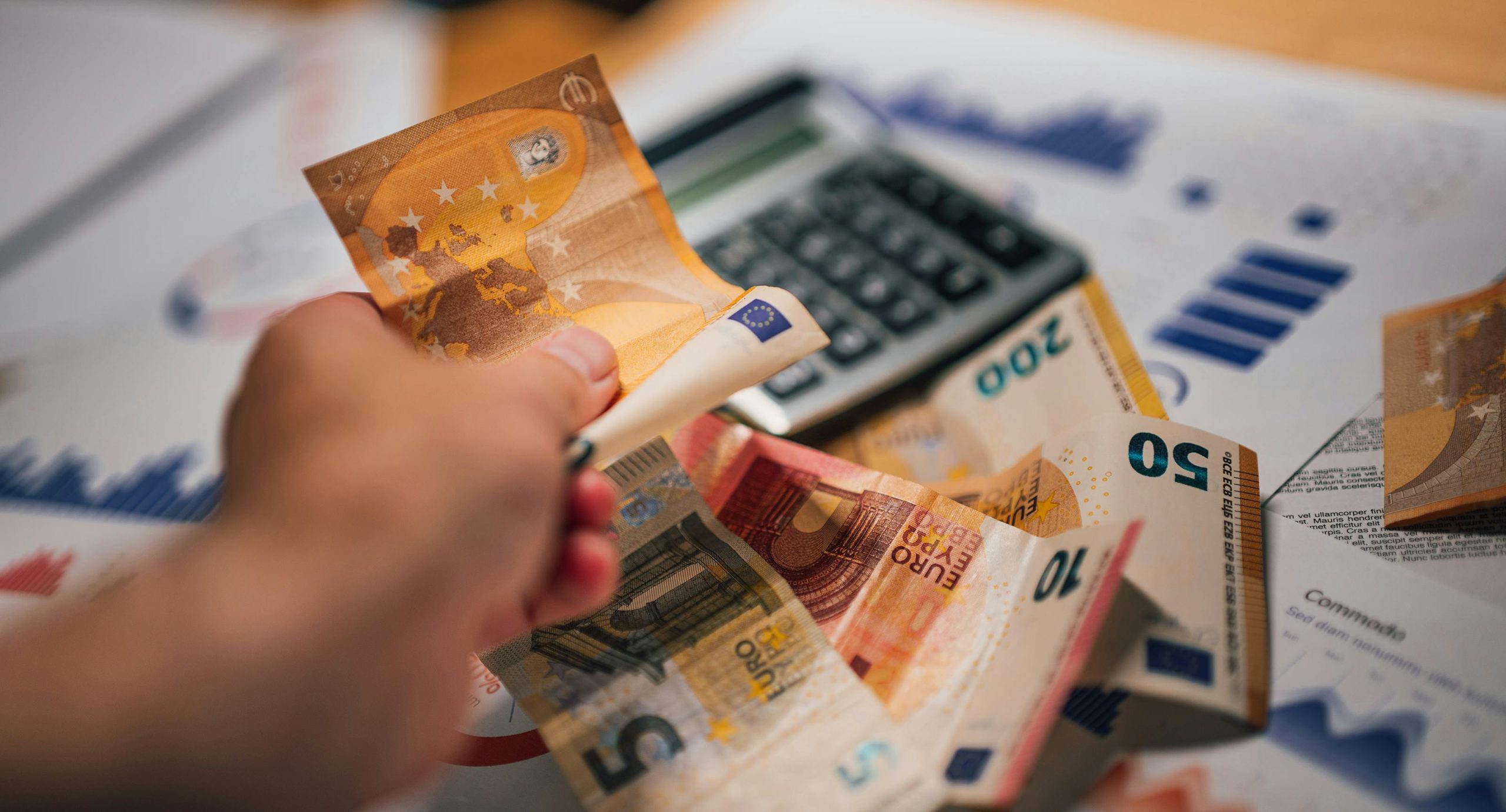Understanding VAT on Cryptocurrency Income: What UK Limited Companies Need to Know
Navigating the complexities of tax obligations can be challenging, especially in the rapidly evolving landscape of cryptocurrency. If you operate a UK limited company and receive crypto payments from international clients, understanding your VAT responsibilities is crucial to ensure compliance and avoid potential penalties.
The Scenario: Receiving Crypto Payments from International Clients
Suppose your company provides services to clients outside the UK, and these clients pay you in Stablecoins, such as USDT TRC-20. You sell these cryptocurrencies on a cryptocurrency exchange soon after receiving them, converting them into GBP or other fiat currencies. Historically, you’ve included VAT in your calculations, but recent insights suggest this might not be necessary.
VAT and International Services: The Key Principles
In the UK, Value Added Tax (VAT) generally applies to the supply of goods and services made within the country. When your company provides services to clients located outside the UK (exports of services), these are typically considered outside the scope of UK VAT. This means:
- If the client is located outside the UK and the service is rendered offshore, the supply is usually zero-rated or outside the scope of VAT.
- Cryptocurrency payments for these services, especially if settled offshore, are generally treated as the same as other forms of payment for exported services.
Implications for Cryptocurrency Payments
The method of payment—fiat or cryptocurrency—does not alter the VAT treatment if the underlying service is an export:
- Crypto payments received from overseas clients for services provided outside the UK are not subject to VAT.
- When converting the cryptocurrency to fiat, this process is seen as a separate transaction — the sale of the crypto assets — which may have its own tax implications, but this does not typically trigger VAT.
Why You Might Have Been Paying VAT Previously
Initially, the assumption might have been that any income generated required VAT registration and inclusion. However, the critical factor is the location of the supply. If your services are entirely outside the UK, and the client is outside the UK, the supply is usually VAT-exempt or outside the scope.
Next Steps for Your Business
Given these nuances, it’s advisable to:
- Review your invoices and contracts to confirm the client’s location and the nature of services provided.
- Consult with a qualified tax professional or VAT advisor to evaluate past transactions and ensure compliance.
- Adjust your VAT accounting practices









